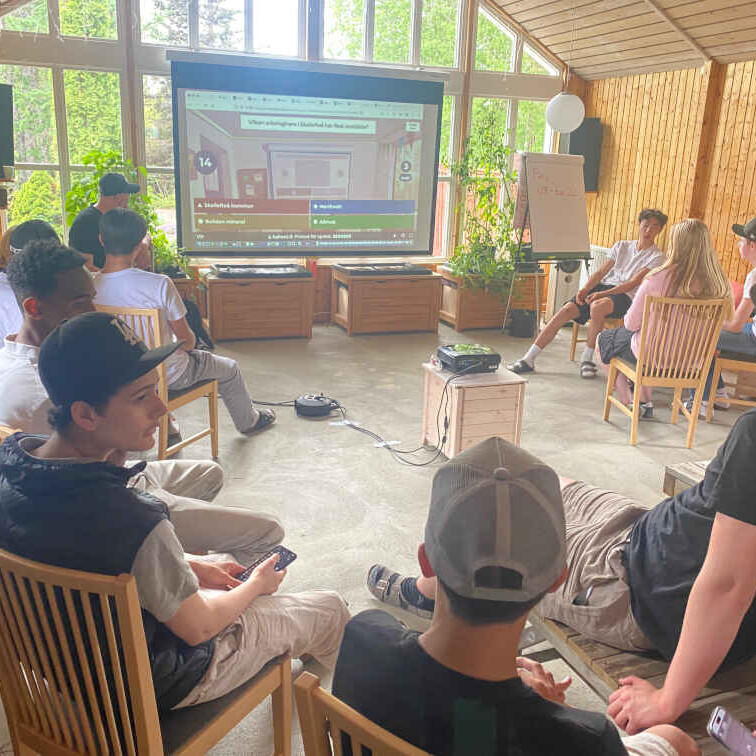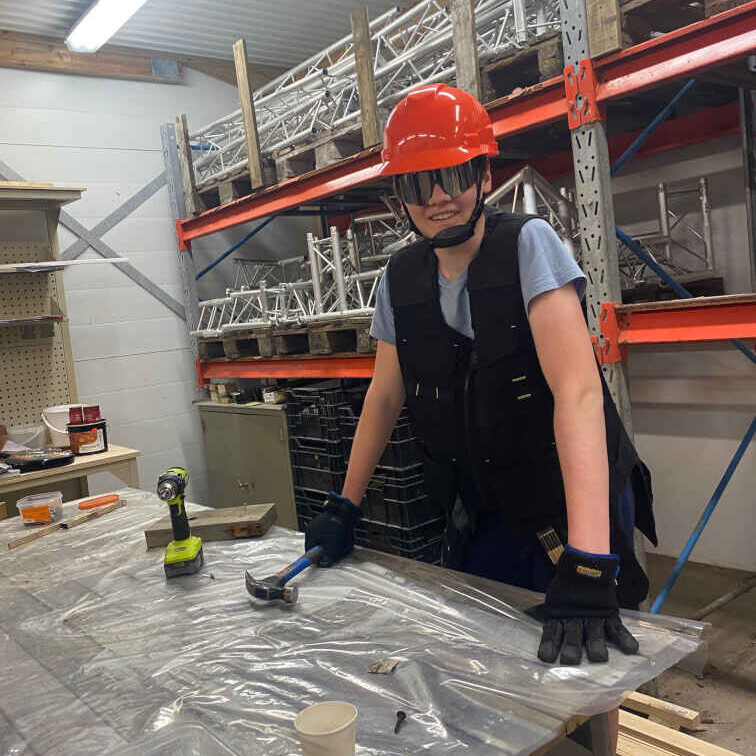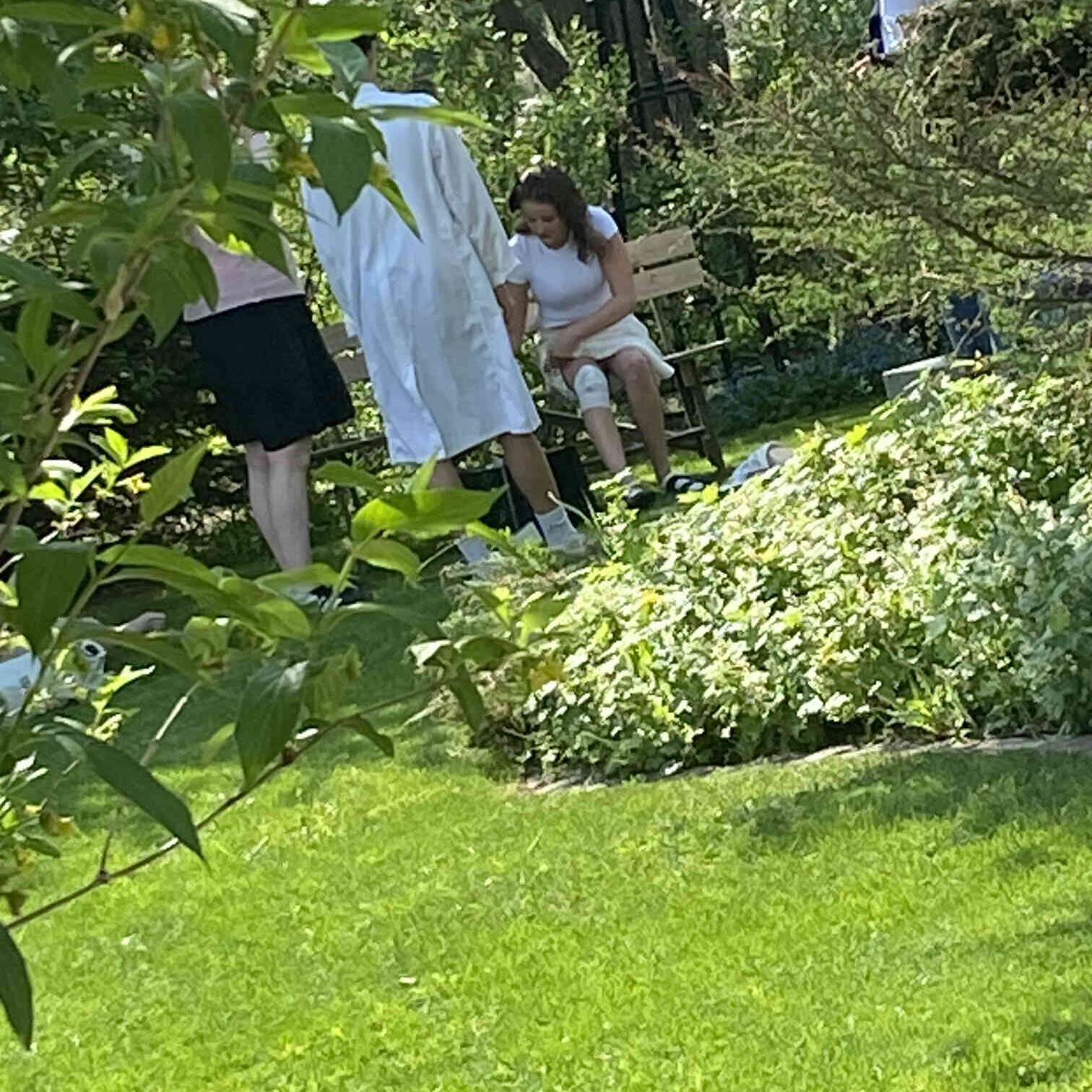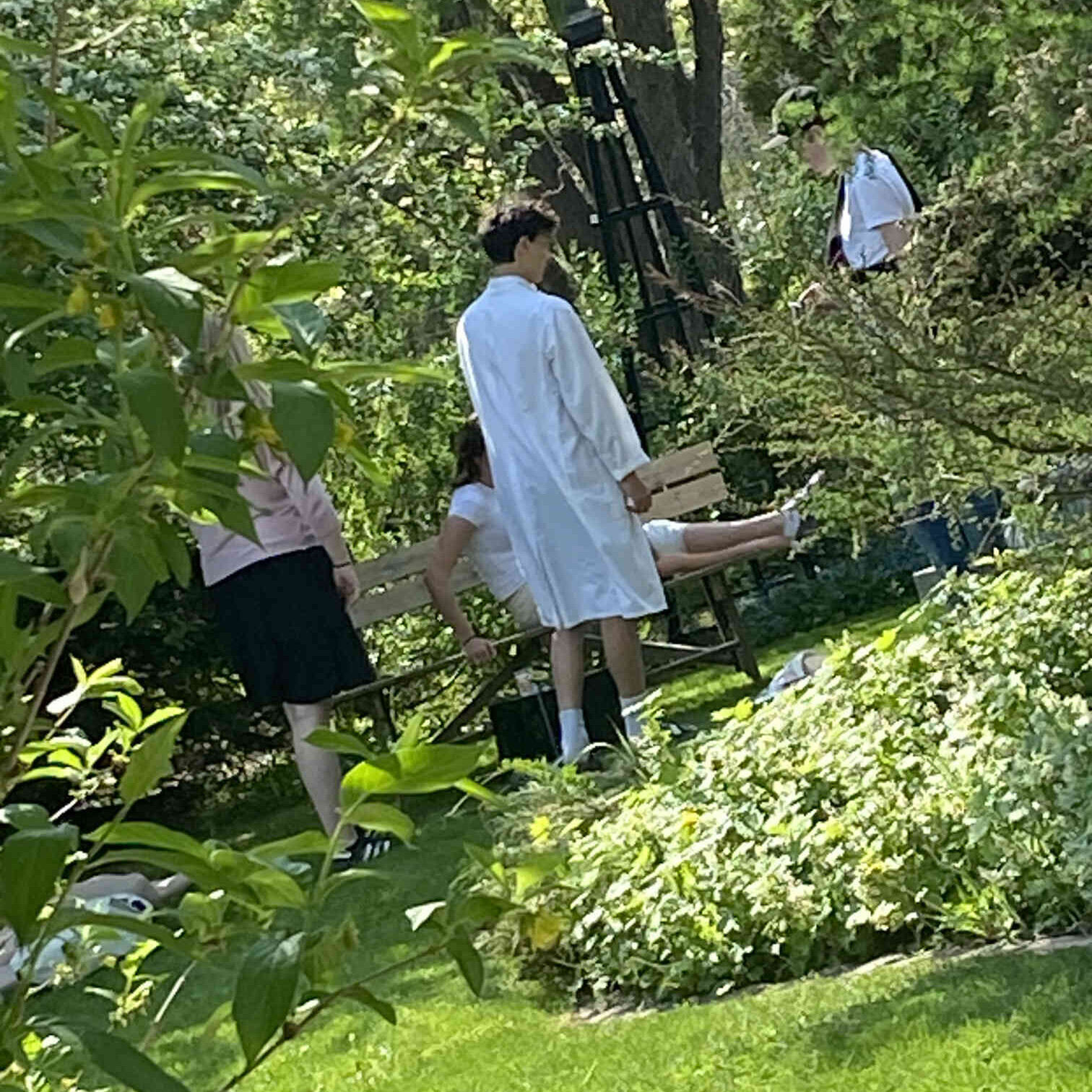Film contest!
Contest! Organizing an activity where classes create short films about different professions can be both educational and fun for students. Have your class compete in making a short film about what it’s like to work in a chosen profession. Write a short script, film with your mobile phone in order to showcase a specific profession.
Organizing a film competition about different professions can be a great opportunity to explore the diversity and importance of different professions in society and can also be an exciting and enriching process for the student.
Learning outcomes
Additional learning outcomes
- Communication skills
- Practical skills
- Cooperational skills
- Entrepreneurial skill
Duration
Age group
Kind of activity
Contact
Country: Sweden
Contact person: Niklas Viklund
Email: niklas@urkraft.se
Implementation
Step-by-step
1. Career choice:
Divide the class into groups, preferably four to five in each group.
Have each class (or group) choose a profession to focus on. A good idea is also to fill a box with props that gives students inspiration to portray their chosen profession. Professions/occupations that can be chosen are those that have a high skills shortage and a high demand for labour:
- Industrial professions, wood industry, welding, electrician, mechanics etc
- Professions connected to green industry
- Social/care professions
- Teachers
2. Research / Roles:
The groups receive instructions what to do (see also information material). A good idea is also to fill a box with props that the students can use to make the movie.
Give students time to research the chosen profession. They can learn about job duties, educational requirements, work environment, and other relevant aspects. The group agrees on who will do what, for example; who/who will film, who/who will act/tell about the profession?
3. Writing scripts:
Encourage students to write a short script describing the chosen profession. The script can contain dialogue, actions and scene descriptions.
a) What profession it is about
b) What training does one have to attend to become the profession?
c) How easy can it be to get a job in the profession in the future?
d) How the profession might change in the future?
4. Planning and storyboard:
Have students plan their films by creating storyboards. This helps them to visualize how they want the film to look and to organize their ideas. It can be useful to fill a box with props that can be used to make the movie.
5. Collection of equipment:
Make sure students have access to the equipment they need to shoot their film in this case smartphones. Props in a box that gives students inspiration to portray their chosen profession.
6. Recording:
Give students time to record their videos. It might be a good idea to break the recording process into different steps to make it more manageable. The films should not be longer than five minutes.
7. Editing:
After recording, students can edit their videos. They can use different editing programs or apps depending on the resources available and the skill level of the students.
8. Display and reflection:
When the films are finished, the classes can have a screening where they share their creations with each other. After the screening, students can reflect on the process and what they have learned about the chosen profession.
9. Competition:
Can be between classes or in the class. A jury (for example school staff) selects the winning film. Or that the groups score the short films (but not their own group’s film), and a winner is chosen!
10. Feedback and evaluation:
Encourage students to give each other constructive feedback on their videos. This can help them improve their skills and learn from each other. Also evaluate the activity as a whole to see what worked well and what can be improved for next time.
By following these steps, you can create an engaging and educational activity where students can explore different professions through filmmaking.
11. Events and Premiere:
A closing ceremony or event can be organized to award the winners and show the best films to the public. This can also be an opportunity for participants to meet each other and network.
Involved professions
In this Reality check we have focused on professions/occupations that have a high skills shortage and a high demand for labour regionally/locally:
- Industrial professions, wood industry, welding, electrician, mechanics etc
- Professions connected to green industry – a sustainable future Social/care professions
- Teachers
Preparation & follow-up
Planning and Conceptualization:
First of all, the organizers have to plan and conceptualize the competition. This means defining the purpose of the competition, the target group, in this case young students, the rules and criteria for judging and (possibly) any prizes.
Themes and Categories:
The organizers can decide different themes or categories based on different professions. It can include anything from artistic professions, technical professions, service professions and so on.
Promotion and Marketing:
To attract schools and students, the competition needs to be marketed carefully and the involvement of teachers is of great importance.
Additional resources
Documents
Evaluation
Feedback forms for the students to fill in
Project evaluation – evaluate the working process
Company feedback from SME experts to assess the films/results.
After the competition, it is important to evaluate the process to identify success factors and areas for improvement. This may include gathering feedback from participants, jury and audience to make next year’s competition even better.




